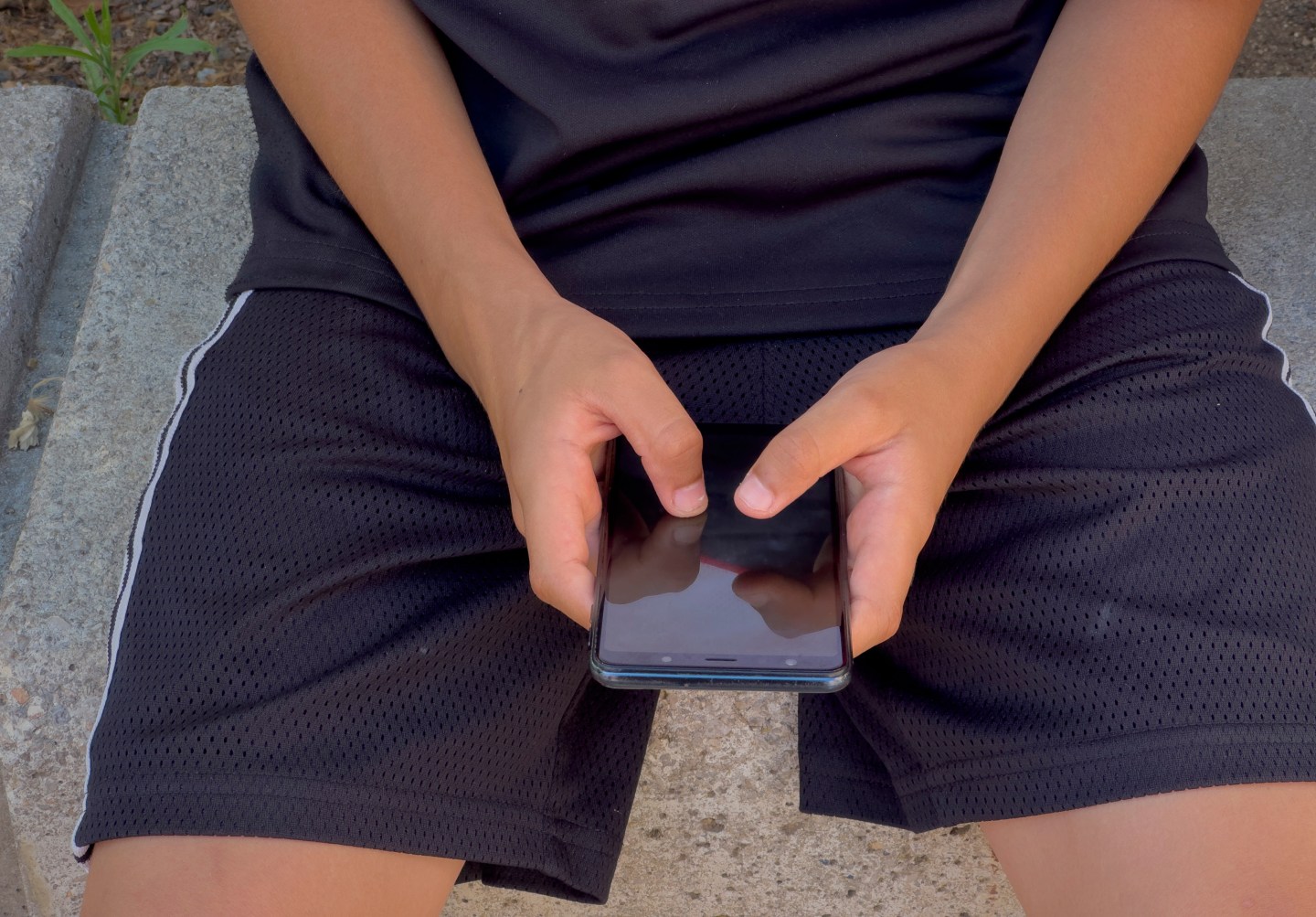More than 2 million Americans, on average, are physically getting a COVID-19 vaccine shot in their arms per day. It’s an impressive, if messy and largely inequitable, immunization drive. But there’s a big question looming: When will children be able to receive their own shots in order for the country to achieve herd immunity?
It’s a practical matter which will affect families who have been grappling with a work-from-home and learn-from-home situation for their children, and on a broader level a public health necessity. Clinical trials for kids can be tricky. But they are underway. Here’s where we stand.
Children in COVID vaccine trials
With the the two major two-dose COVID vaccines, the ones from Pfizer/BioNTech and Moderna, studies on young children are already underway. In fact, they’ve expanded significantly in the past few days. Johnson & Johnson, which has the third authorized vaccine in the U.S., is also launching its own trials in this younger group of participants.
Pfizer completed its initial enrollment process for younger people back in February. And by the end of March, the company expects to have data for 12- to 15-year-olds regarding safety and efficacy of its vaccines. The same goes for Moderna, which has also begun testing in children 12 years of age and older. In fact, Moderna is launching a trial which specifically tests its mRNA-based vaccine in children as young as six months old.
With children, vaccine (and general) drug development is a sliding scale process. The biology of a 14-year-old won’t be the same as that of a 6-year-old, hence the need for precautions. Johnson & Johnson, which has the third authorized COVID vaccine in the U.S., has said it will launch trials of its own one-shot COVID vaccine in infants and even newborns in the coming months, underscoring how important these groups will be in ultimately defeating the virus.
To be clear: These initial studies are meant to establish safety. How effective the various vaccines are for younger age groups is a more open question which will take time to parse.
When can my kid get a vaccine?
The inevitable question when it comes to COVID vaccines is when you can get one. It gets even more complicated when you’re dealing with children given the staggered approach of clinical trials by age.
Dr. Anthony Fauci, a health leader and face of the U.S.’s COVID response, has said that it may take until the first few months of 2022 for younger children to be eligible for immunizations. Adolescents could potentially get them sooner. That’s not driven by a need to ration. It’s a basic safety concern.
Earlier this week, Pfizer began administering doses to children under 12 in a phase one safety trial, for instance, to make sure there weren’t serious side effects in that group. By the end of 2021, it expects to enroll more than 4,600 children in early to mid-stage trials and hopes to have results by the end of the year, according to the company.
This is a rapid immunization effort with many moving parts. And while the past year may seem to have lasted a lifetime, the fact that we may have solid data by the end of the year on vaccine efficacy in children is a titanic feat. But you may have to wait until the late fall, the winter, or early next year before children of all ages can safely get a COVID vaccine given the realities of the clinical trial timeline.
But it will be key to achieving herd immunity and truly re-opening schools once it does happen. Many coronavirus-carrying kids can also be asymptomatic. After all, studies have suggested that up to a third of child carriers of coronavirus may be asymptomatic while still being able to transmit the pathogen to other people. A safe vaccine for this young group is another important weapon in the fight against this pandemic.











